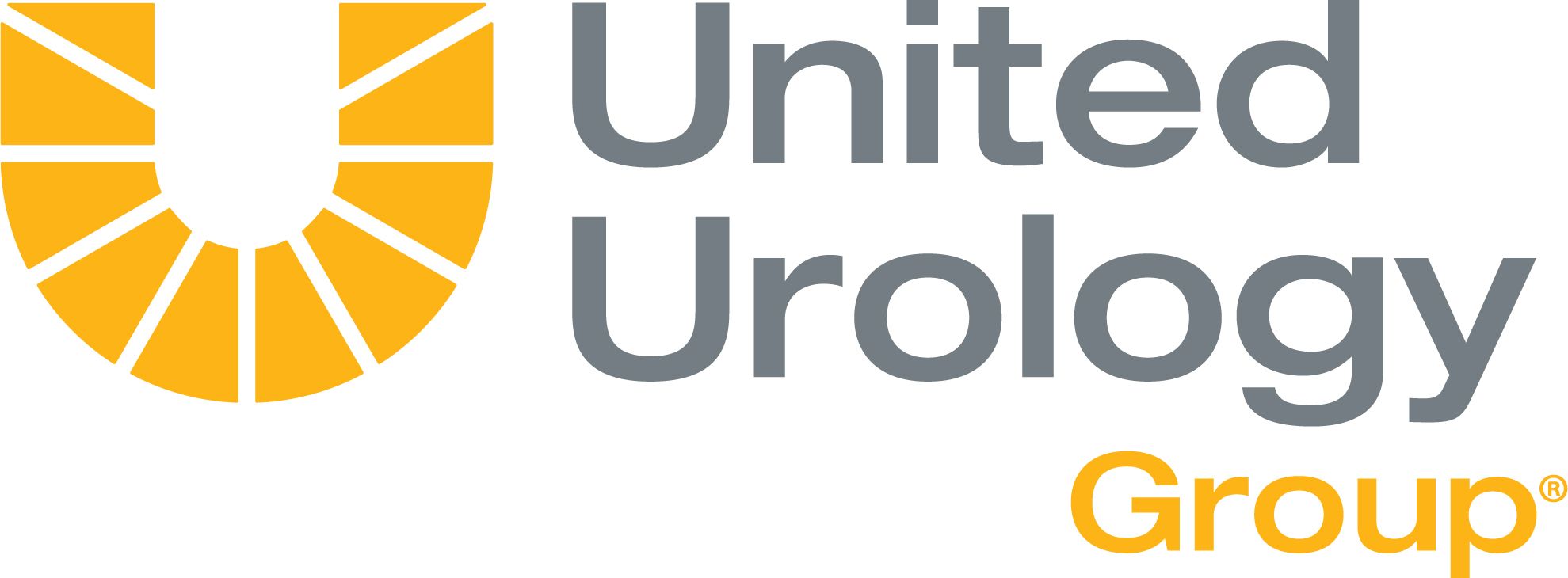
Mark Edney, MD, on creating a collaborative culture with APPs in urology

“As long as APPs are properly supported, they will take off and they will change your practice,” says Mark T. Edney, MD.
In this video, Mark T. Edney, MD, discusses how to foster a collaborative environment between urologists and advanced practice providers (APPs). Edney is a urologist with Chesapeake Urology in Salisbury, Maryland.
Video Transcript:
It starts by treating them as true colleagues. They're not less than. At that roundtable that Dr. Sklar and I did, I heard from a lot of colleagues in the platform, some have an attitude of, "They're just APPs. They can only do so much." It's a less than attitude. You have to get rid of that. They're trained medical professionals. Yes, they're trained at a much lower level than we are. Fine. But they're trained, and they have capabilities. You have to switch your thinking to learn, how do I harness those capabilities? How do I increase their training in urology? And how do I provide the proper oversight so they can start doing a lot of things that I don't need to be doing? It frees up time for me to do the things I'm actually trained and needed to do, given the volume.
Number 1 is treat them like trained professional colleagues. That's how we treat our APPs. They're not less than. They're not the folks handling the stuff that I just don't care about. They're colleagues. They come to us with questions.
One of our APPs runs the advanced prostate cancer clinic. It's been a tremendous boon to his practice, his job satisfaction, in fact, because he's been able to wrap his mind around a clinical area. He knows the literature better than almost anyone in our practice, because it's a defined amount of literature with respect to managing, staggering these drugs for advanced prostate cancer. He's the local expert in it. There are times where I will go to him, and say, "Hey, would you start this drug or that drug? And he'll say, "I'd go with this for these reasons," and he'll give the reasons. They can develop that level of expertise in a particular niche in our practice. You have to let them go. You've got to support them to do that. That's the culture in our practice. No one's better than anybody else. We all, we all sort of have a certain level of training. We have licenses, and we all ought to be working at the top of those.
And the APPs depend on us, and that's the other thing. You have to be open, as an attending in your practice, to any question, anytime, from the APPs. There's never a bad question, and there's never a bad time. If you're seeing a patient and you don't know what to do, come talk to me. I don't care if I'm busy. Sometimes I am busy and sometimes I'm the middle of something. Take 2 seconds. "What's your question? Let me help you." Everybody's harried, everybody's got too many patients on their schedule, and everybody's in a rush. It's hard, because sometimes you've got 3 things going on. The last thing you want to do is take 2 minutes to field a question from an APP. You have to do it. You have to find that inner strength and peace to say, this is critical. This is how our practice runs. I don't have time right now, but I'm going to make 2 minutes for you. "What's your question? How can I help you?" You have to do your best to do that.
As long as APPs are properly supported, they will take off and they will change your practice. That's the culture in our practice. I hear it back from them that they really appreciate that we are also available and willing to help really at any time. We have 2 satellite offices that are remote locations, half an hour away. I'll be in the middle of my clinic, and one of our APPs will call from the Seaford office. They're up there alone, seeing patients, which they're able to do. She'll call, and I'm in the middle of something. She'll call, "Do you have 2 seconds to talk?" "Of course I do." I'll drop what I'm doing. "I've got this patient. X, Y and Z is going on. I'm trying to decide between A and B." I'll say, "It's a great question, and I think you should do this." We do that fairly frequently. The more you do that, the more they get comfortable making those decisions on their own.
It's all about clinical experience. We get experience. We get so much in training, but practicing good urology is really about your experience and your time. You know your time and practice, how many patients you've seen with different types of issues. You get better and better as you gain clinical experience. We as urologists, sometimes we make a decision that we wish had gone a different way because you had an outcome you didn't like. Well, you learn from that. Same thing with them. They have a question, you answer it, and then the next time that question presents, "I remember that conversation I had. I think I'm going to go this way instead." That's how they evolve. You have to help them evolve. If you create that culture in your practice where we're all in this together, we're all trying to handle the urologic load in our area, and we're working together, they feel an integrated part of the team. And it takes off, and they have tremendous job satisfaction when they feel like they actually have a place on the team.
This transcript was AI generated and edited by human editors for clarity.
Newsletter
Stay current with the latest urology news and practice-changing insights — sign up now for the essential updates every urologist needs.






